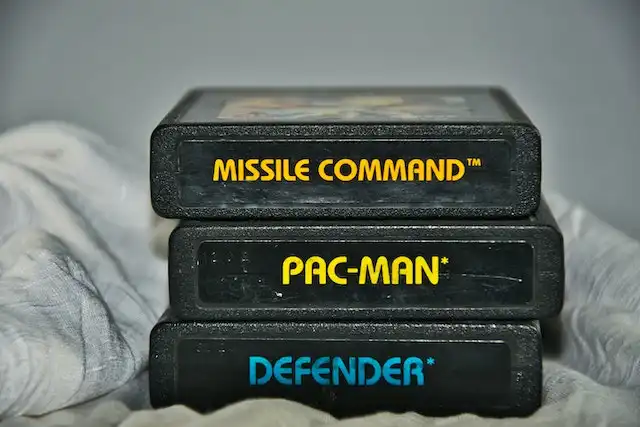Nostalgia is a powerful emotion that transports us back in time, evoking fond memories of days gone by. In the world of gaming, this sentiment has played a significant role in shaping modern trends and experiences. This article explores the nostalgia effect, its influence on the resurgence of classic games, and how these cherished titles have left an indelible mark on the landscape of modern gaming.
- The Allure of Nostalgia
Nostalgia is a universal human experience, a yearning for the familiar and comforting. In the realm of gaming, nostalgia has led to a renewed interest in revisiting classic titles that defined a generation. The allure of nostalgia lies in:
- Emotional Connection: Classic games are often tied to cherished memories of childhood, bringing players back to simpler times.
- Escaping the Present: In an ever-changing world, revisiting classic games provides a temporary escape to a familiar and comforting realm.
- Shared Culture: Classic games are part of a collective cultural experience, fostering a sense of community among players who grew up with them.
- The Resurgence of Classic Games
In recent years, classic games have experienced a resurgence, thanks to various factors that have reignited interest in these timeless titles:
- Remastered and Remakes: Game developers have revitalized classic titles by remastering or remaking them with modern graphics, sound, and gameplay mechanics.
- Retro Consoles and Mini Versions: The release of retro consoles and mini versions of classic systems has allowed players to relive their favorite games in a convenient and authentic way.
- Digital Distribution: Digital platforms like Steam, GOG, and virtual console services make classic games easily accessible to a new generation of gamers.
- Influence on Modern Gaming
The impact of classic games extends beyond mere nostalgia, influencing the design and mechanics of modern titles:
- Gameplay Innovation: Modern games often draw inspiration from classic gameplay mechanics, adapting and evolving them to suit contemporary preferences.
- Art Style and Aesthetics: The pixel art and 8-bit aesthetics of classic games have become iconic, inspiring indie developers to create visually stunning titles with a retro twist.
- Storytelling and Narratives: Classic games often had simple yet engaging narratives. Modern games are reimagining these storylines with intricate plots and deeper character development.
- Reviving Franchises: Nostalgia-driven reboots and sequels breathe new life into beloved franchises, introducing them to a new generation of players.
- Bridging Generations
Nostalgia is a bridge that spans generations, bringing players of different ages together:
- Cross-Generational Play: Parents and children can bond over classic games, sharing experiences and creating new memories together.
- Intergenerational Influence: Younger gamers are introduced to classic titles through their older peers, allowing them to appreciate the evolution of gaming.
Conclusion
The nostalgia effect is a driving force that not only rekindles fond memories but also shapes the direction of modern gaming. Classic games, with their timeless appeal, have left an enduring legacy that impacts game design, mechanics, and storytelling. As players continue to revisit these cherished titles and developers draw inspiration from their nostalgic roots, the world of gaming evolves in a way that honors the past while embracing the future.



